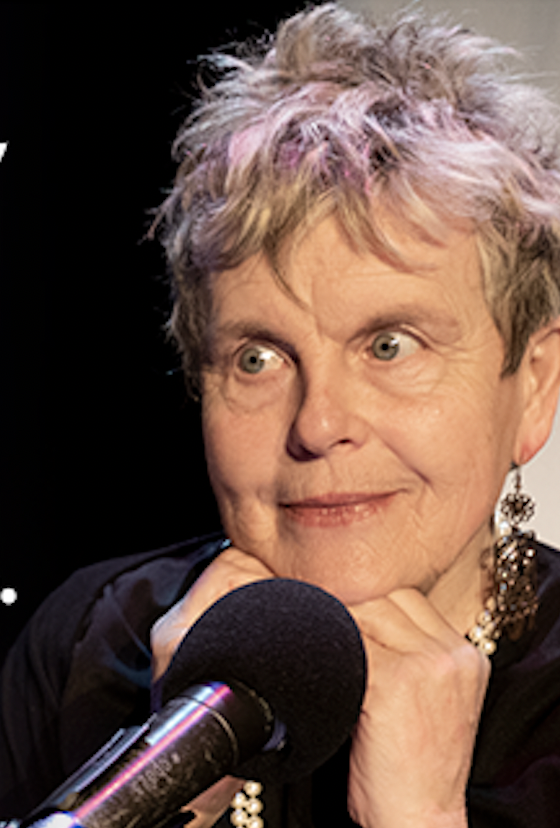FIVE TIPS TO BATTLE BRAIN FREEZE:

Public speaking is a fear for many people. Even though I speak for a living, some days I totally forget my place. I always prepare. But sometimes whether it’s from exhaustion or strange voodoo energy in the room, I get brain freeze.
Last month I was giving a talk and completely lost my place and so I started just stringing words together that sounded a lot like English but made no sense. I quickly realized my mouth was moving but I didn’t know what I was saying. Let me tell you, it’s quite odd to be searching for your point while a whole room of people sit before you, squinting, trying to keep up. I got so desperate at one point and began throwing words like ‘caveat’ and ’systemic’ into the vernacular.
As my friend Rick Zimmerman says, ‘There’s a strange moment where you seem to hang between “It’s OK, I’ll pull this back together”, and “Wow, this is B.S just stop talking”….
No matter how much you prepare for a presentation there are going to be slip-ups but how well you handle them is what counts.
Here are some tips I’ve learned to do when my brain goes out for a stroll.
1) Stand still. Nothing will regain your place faster than keeping still. To stand still is absolutely the opposite of what the panicked mind wants to do. It paces, it searches but if you stand for 5 to ten seconds, you will likely re-find your place.
2) Then Move Deliberately. Once you have slowed down your mind, putting your hand on the podium, firmly, snaps you back. Dick Van Dyke danced. Other people sing. This may seem like the opposite of tip #1 but very deliberate action gets the left brain and right brain synced up. Slowly walk over and take a drink of water. If you want to make them laugh gargle and spit it through your teeth.
3) Focus on counting a few things in the room. This was taught to me by Collette Baron Reid who, on a Dr. Phil show, once was asked a question that had nothing to do with her expertise. On live TV she realized she was booked on the show for a topic she was not well versed in. And there on national TV she mentally started counting things in the room. It slowed her mind down long enough to recover and redirect Dr. Phil’s line of questioning.
4) Cop to your mistake. Nothing will stop panic faster than saying out loud ” I don’t know what I am talking about.” People will laugh and it will lighten up the room. If you ignore the mistake, that is all the audience will focus on. So cop to it. You can lighten up by threatening to start the talk again. This gives you a moment to check your notes, or catch up with where you are.
5) Ask the audience if they know what you’re talking about. I have said many times, “Do you understand what I mean?” If they say no, I laugh and agree that I am lost. If I take the focus off of me, for 5 seconds. Most times I find out what I was talking about and their interpretation of my words will lead me back to my point easily. Sometimes they add something I had not thought of and it’s detours like this that actually add another dimension to my talk.
Even though I lost my place and didn’t knock it out of the park, it was still a good talk. It took me years to find out that the talk is never going as badly as you think it is. As my writer friend Carol says, “Let them blame it on the audience and let them think its their brain not yours.”
Do you find these tips useful? Have any cool coping mechanisms of your own?
Would love to hear form you. Please share this with your pals if you find this useful.
Have a great week,
Deborah
Deborah





Leave A Comment